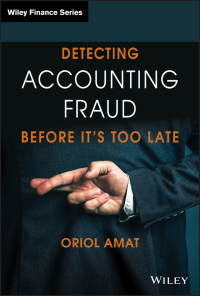HO #10 Relationship of disposal value, book value and net loss on old equipment. Scott Harshawis the president of a small plastics company. He wants to replace an old special purpose molding machine (original cost, $18,700, eight years old; book value, 59,100; straight-line depreciation, $1,200 per year, residual value at the end of useful life, 5700) with a new, more efficient machine. The new machine has an expected useful life of only seven years, but it promises savings in cash-operating costs of $2,257 per year. Operating costs with the new machine are $30,000, with the old machine 532,257. The cost of the new machine is $8,800. The old machine can be sold outright for $2.300 less $200 removal cost. It is estimated that the old machine would have a net disposal value of 5700 seven years from now; the new machine, a value of $750 seven years from now Vladimar Galoot, controller, opposes replacement because no advantage is apparent. His analysis shows: Cost of new investment: Outlay Loss on old machine ($9,100 - $2.100) $8,800 $7.000 Total Cost S15800 Savings: $2,257 per year x 7 years $15800 (rounded) Net advantage of replacement He also adds, "I can't ever see disposing of fixed assets at a loss before their useful life expires. Plant and equipment are bought and depreciated with some useful life in mind. We are in business to maximize income (or minimize loss). It seems to me that the alternatives are clear: 62- HO#10 (Continued) (a) disposal of a fixed asset before it diminishes to zero or residual book value often results in a loss; (b) keeping and using the same fixed asset avoids such a loss. Now, any sensible person will have brains enough to avoid a loss when his other alternative is recognizing a loss. It makes sense to use a fixed asset till you get your money out of it." Yearly sales are $90,000, and cash expenses, excluding the data given above, are $50,000, (Ignore income tax effects.) 1. How will net income be affected if the old machine is scrapped and the new machine is purchased? Show computations for the seven years taken together. 2. Prepare columnar income statements for years I through 7 under both alternatives as follows: Year 1 Each Year 2-7 7 Years Together 3. Generalize as to the role of disposal value on old equipment in these decisions. 4. Generalize as to the role of (a) book value in these decisions and (b) net loss on disposal of old fixed assets. 5. Criticize Galoot's schedule and his comments. 6. What important cost factor has been ignored in your answers to requirements 1 and 2








